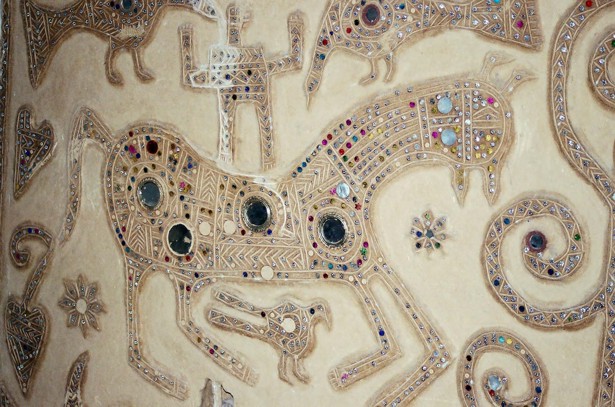An Initiation to Sexuality in Almodovar’s Films: Sameer Rawal

Portraying Spain’s Desire
Pedro Almodovar’s movies, almost all of them, can serve as pieces of anthropological evidence to unearth, discover and observe the process, evolution and expression of sexuality in Spain; besides entertaining the spectator to the utmost limits, of course. What would be even more interesting is to use an Indian magnifying glass to see this depiction of sexuality from up close, to see its un-Kamasutra like factions unfolding into a frank, liberal, complex-less expression of what is, what is desired and what is gained in the pleasure-mill.
The first label that comes to mind while trying to grasp, hold and focus the magnifying glass, to find the correct angle to watch these pieces, is their characteristic non-Anglo-Saxon-ness (pardon the strange coinage, and all the other ones that may follow). In India, we are more accustomed to experimenting with the ‘reality’, ‘sexuality’, ‘intellectuality’ and venturing into the beyond of the subject matter – here, ‘politicality’ – through mostly Anglo-Saxon modes of thought, manner, styles and fashion and, if none of these, then at least, literally, in the Anglo-Saxon language (which, even if it has become one of our own, surely can’t escape the influences, traumas and dominance-complexes lying in its origin and contemporaneity).
There is a comical, hilarious aspect in Almodovar’s portrayal of Spanish sexuality. It is even more ironical in context, and much more appreciable if we look within the folds of Spanish history – the country’s years under Franco’s dictatorship, then a sudden liberation and joining the European economical juggernaut. It makes the sexual scenes, innuendos, remarks, punctuations, double entendres unassuming and frivolously erotic at the same time. There are no ‘French’ subtleties at work here, no elliptical routes, no metaphors – this is direct, in your face, blunt.
The idea of sexual prowess is also somehow absent. There is some sort of ‘equality’ instead of hierarchy in the competence and performance field, and an acceptance of things as they are. This faction tends to be identified as ‘weird’, seen from outside cultures at a given moment of time, and thus becomes an exercise in inter-cultural communication and understanding, because what is weird for us, is definitely not so for the ‘weird’ people.
Stubbornness is another quality that may seem to adhere to many characters, in Almodovar’s movies, displaying sexuality. It is an everyday stubbornness; a refusal to accept the other’s point of view just because it is not yours; giving primary importance to your own emotions and sentiments, even if you are falling down, being obliterated or thrown over. Where would characters like a rapist, a nymphomaniac, a woman urinating in front of everyone, a drug-abusing professional sex-worker transvestite, etc. look cinematographically ‘normal’ and humanly understandable except with Almodovar?
The women are also equally responsible and partners in this sexuality. They are not repressed – not even trying to show they are not repressed – and they express, with the same directness and bluntness, their own sexual wants, needs and traumas as the male characters do.
The nudity of the characters, as shown in the movies, is of a sublime nature, though not strictly artistic, and reaches to the audience as casually as it can. And there are no limits attached to it, which is, in general, true of many Spanish films. Almodovar’s movies also represent, obliquely, many facets of contemporary depictions of sexuality in Spanish movies. The overwhelming and credible intensity of sexual scenes in a way reflects what is happening in the real society, or at least what happens in its ‘imaginary’.
All these elements introduce a certain sort of relief in the spectator, and an appreciation for the cinematic art form that is celebrated by Almodovar. The language of the narration delivers, with an astounding impact, the exotic nature of the work, its otherness, especially the non-Anglo-Saxon kind, and one remains spell-bound absorbing the ‘difference’ offered in visuals and in the smooth flow of narrative. Sexuality can’t be divorced easily from this narrative – it becomes part and parcel of the whole.
Desire is an important constituent of Almodovar’s craft, aptly shown by his production company’s name: El deseo, ‘the’ desire.